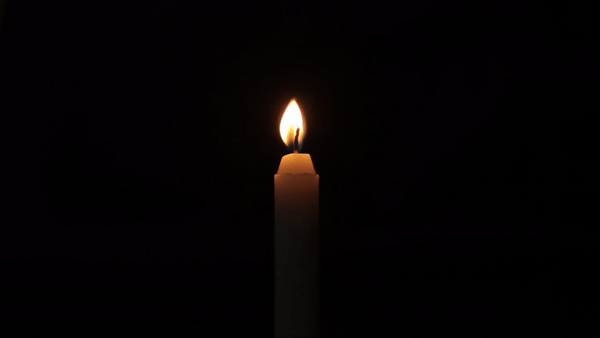top of page

We are at a turning point in mental health service delivery in Ontario.
The Ministry of Health has proposed to defund existing psychotherapy delivered by doctors. These forms of psychotherapy use short, long-term and intensive modalities depending on the patient's needs.
The Ontario Ministry of Health now wants to shift funding to short-term interventions, emphasizing Cognitive Behavioural Therapy. This will remove intensive psychotherapy from public funding. It privatizes psychotherapy for patients who need more than 24 sessions per year.


Ontarians with severe mental health conditions require specialists with the expertise and training to treat their specific, complex needs. 24 hours per year or short term psychoeducation will not be enough for proper recovery. The cap will affect children, adolescents, adults and the elderly.

Don't believe the stereotypes about intensive psychotherapy
Psychotherapy beyond a few sessions is too expensive for the public to pay for
Stereotype:
Stereotype:
Doctors favour neurotic "worried-well" rich people who are easier to treat than really sick people
Reality
Many conditions and histories need intensive treatment over time
•Complex childhood trauma (sexual and physical abuse, early abandonment, neglect)
•Adult trauma (intergenerational, domestic violence, sexual assault, war, violent accidents, life-threatening events)
•Eating, borderline, mood or dissociative disorders, PTSD, major depression and anxiety, psychosis, chronic suicidality, self-harm, addictions
•Includes children and adolescents
•80-82% have tried previous treatments that were insufficient
Stereotype:
Psychiatrists don't use "evidence-based" treatments
Stereotype:
People need only short-term treatment
bottom of page



